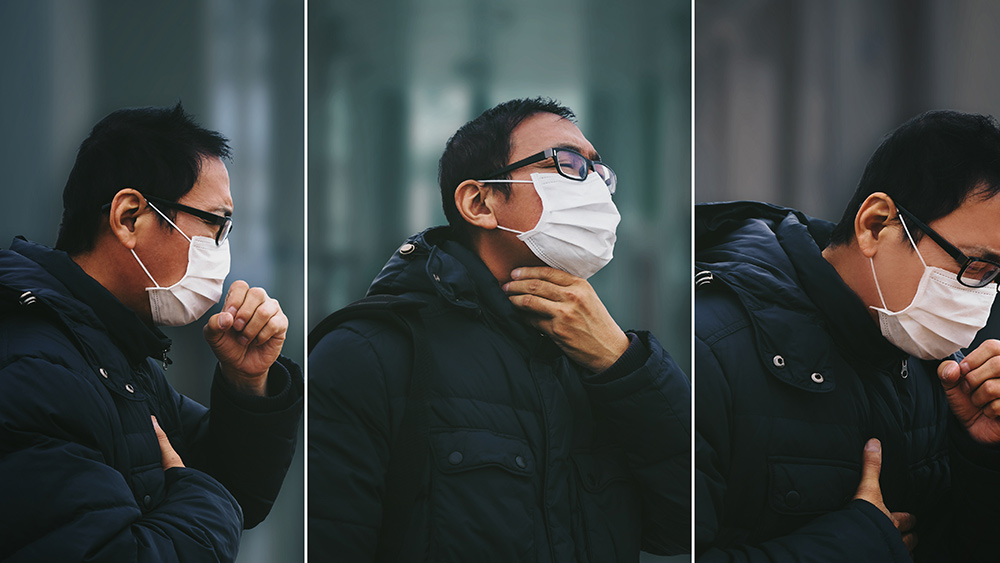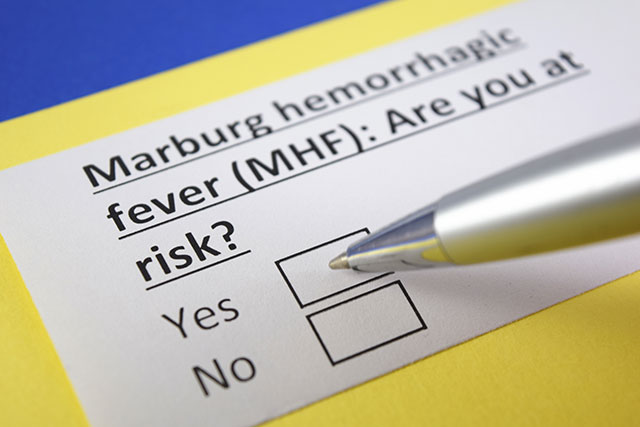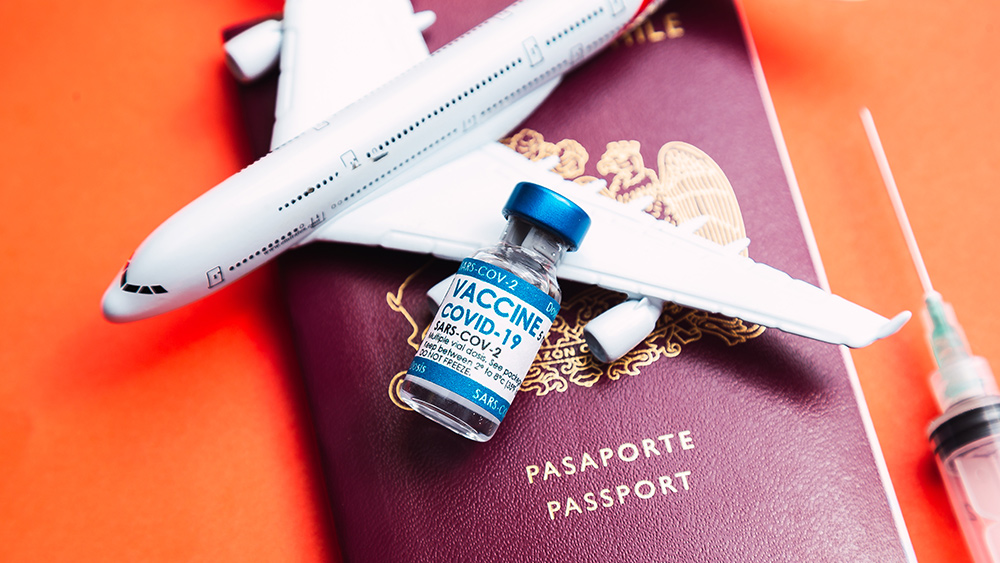Pfizer recalls blood pressure pills over cancer link
04/27/2022 / By Cassie B.

The pharmaceutical company Pfizer has announced that it is voluntary recalling five batches of its hypertension drug, Accupril, after tests showed it contained an unacceptable level of a cancer-causing agent.
The recall came after lab tests discovered that levels of the nitrosamine N-nitroso-quinapril in the tablets exceeded the acceptable daily intake. Although nitrosamines can be found in many common foods like cured meats and people are exposed to low levels regularly, studies have shown that they can raise a person’s risk of cancer if they are exposed to them over a long stretch of time.
Many people who take hypertension drugs take them daily in the long term, which means that the risk level for some patients taking this drug could reach concerning levels.
A release from Pfizer on the FDA’s website downplayed the risk, noting: “Although long-term ingestion of N-nitroso-quinapril may be associated with a potential increased cancer risk in humans, there is no immediate risk to patients taking this medication.”
Accupril is largely prescribed for treating hypertension by lowering blood pressure. However, it is also given to patients as adjunctive treatment for managing heart failure, along with standard treatments like diuretics. It works by reducing the chemicals that narrow blood vessels, allowing blood to flow more smoothly and giving the heart’s efficacy a boost. Clinical Calculators reports that there were 1.3 million active Accupril prescriptions in the U.S. in 2019.
The lots involved in the recall were distributed to wholesalers and distributors in the United States and Puerto Rico from December 2019 to April 2022. All of them were sold in 90-count bottles with strengths of 40, 20 and 10 milligrams. However, the company warned that some of those bottles might have been split into smaller prescriptions.
Patients should get in touch with their healthcare provider or pharmacy if they need help determining if their medication has been recalled. Those who have the recalled drug should contact the claims management company Sedgwick at 888-345-0481 for instructions on returning the recalled pills and receiving reimbursement.
Meanwhile, Pfizer Canada has recalled lots of three doses of Accupril after detecting the same impurity at levels that exceed those considered acceptable.
Pfizer said that it has not received any reports of adverse events related to this recall yet.
In a press release, the company stated: “Patients currently taking the products should consult with their doctor or health care provider about alternative treatment options for them.”
Nitrosamines have been behind many major drug recalls in recent years
This isn’t the only recall that Pfizer’s drugs have been involved in this year. In March, they voluntarily recalled a different hypertension treatment, Accuretic, for the same reason, along with two authorized cheaper versions of the medication. Nitrosamines have also been behind many other drug recalls, particularly metformin diabetes drugs and valsartan blood pressure medication.
Last year, Pfizer recalled all lots of its popular anti-smoking drug Chantix due to high levels of nitrosamine, although they said at the time that people should continue using the medication until receiving a replacement or a different treatment from their doctor or pharmacist.
In 2019, the popular heartburn medication Zantac was recalled after the FDA found low levels of the nitrosamine nitrosodimethylamine in it.
Nitrosamines can form through the chemical reactions that take place in the drug manufacturing process. Because people are exposed to these chemicals on multiple fronts, extreme care is taken with safety limits and recalls given their link to cancer.
Sources for this article include:
Submit a correction >>
Tagged Under:
accupril, Big Pharma, blood pressure medications, cancer criminals, carcinogens, chemicals, nitrosamines, Pfizer, pharmaceutical fraud, Prescription drugs, Recall
This article may contain statements that reflect the opinion of the author
RECENT NEWS & ARTICLES
PharmaceuticalFraud.com is a fact-based public education website published by Pharmaceutical Fraud Features, LLC.
All content copyright © 2018 by Pharmaceutical Fraud Features, LLC.
Contact Us with Tips or Corrections
All trademarks, registered trademarks and servicemarks mentioned on this site are the property of their respective owners.




















